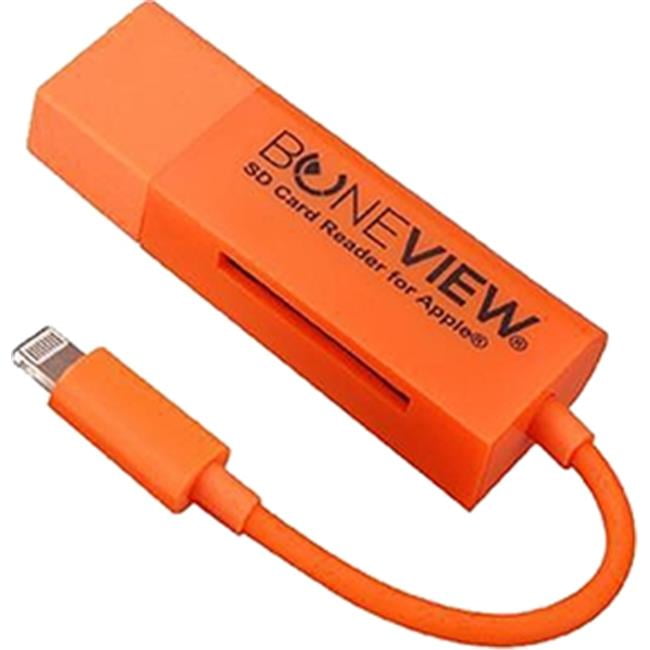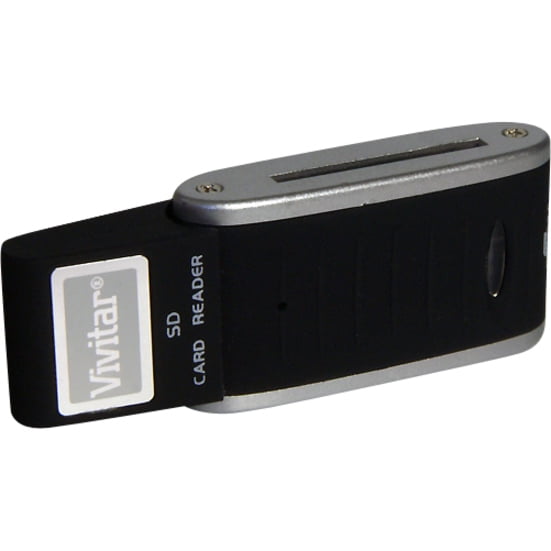

#COMPACT FLASH CARD READER WALMART PORTABLE#
If a compact and portable design is a must for you, consider a smaller model with only one or two ports. Others are far larger, offering eight or more memory card slots on a rectangle about the size of your hand. Some are as small as standard flash drives, plugging directly into a USB port with memory card slots on the sides. The overall size of a memory card reader is largely dependent on the number of slots it offers. The right length is a matter of preference, as both corded and cordless designs have their advantages and situational benefits. There are no cables to wrap up with a cordless model, but if you have a small surface (or no surface) to work with, these designs can be awkward. Some memory card readers have long cords that give you more freedom when placing the reader, while others have no cord at all and plug directly into your computer. If you have several devices that use different memory card formats, a memory card reader capable of reading two to four cards at once can be a significant time saver.

While not all memory card readers with multiple slots can read cards simultaneously, some can, giving you the ability to transfer data more quickly. Once you know what type of memory card you need for your memory cards and computer, you should consider additional aspects of your memory card reader, like form factor and cables. However, USB-C has the advantage of bi-directional power support. USB-C is a different shape from Type-A USB, but its speed is typically the same as USB 3.1, since USB-C ports are usually also USB 3.1 ports. USB 3.0 and 3.1 are backward-compatible with USB 2.0 ports and have respective maximum speeds of 5 Gbps and 10 Gbps. With a speed of 480 Mbps, this is the slowest option among memory card readers. USB 2.0 is probably what comes to mind for most people when they think of USB: the classic rectangular port that brought with it the popularity of flash drives and other USB accessories. While different memory cards have varying speeds, the speed of the reader and the port it connects to can limit the read and write speed of a memory card. The type of port a memory card reader can plug into determines not only its compatibility but also its speed, as different ports have different maximum speeds. And, in some cases, a single slot may be compatible with several formats.Įach format varies in its compatibility with laptops, computers, tablets, smartphones, and DSLR cameras. While most memory card readers have only one slot, some have multiple slots for handling a variety of memory cards. Often, the name of the reader indicates its compatibility. The manufacturer of any memory card reader should state the compatibility of the card. You should also choose a memory card reader based on its speed and connection type. Since most memory card formats are owned by specific companies, there is no “standard” format. There are numerous memory cards available, and each slot can only connect to one type of card. The most important aspect of a memory card reader is its available memory card slots. A photographer and a video editor would need two different types of cards, as would someone looking for a card for everyday use. Memory cards vary greatly in their storage capacity and transfer speeds. If you do not have memory cards, you should consider the different types of cards available to determine the best one for your needs. If you already have memory cards and are looking for a compatible reader, look for one with sufficient slots that is also compatible with your computer. There are two ways you should go about choosing a memory card reader. There are dozens of types of memory cards, but many memory card readers are compatible with dozens of different card formats. To learn more about the different types of readers available and their features, continue reading. Since most laptops do not have memory card slots, a memory card reader that connects via USB can be a crucial tool to own. Depending on whether you are working with video files or text documents, speed may or may not be a concern for you. Most memory card readers connect to your computer via USB, but the type of USB can vary, resulting in different speeds from one reader to the next. Many readers have a single slot, but others may have multiple slots - a convenient feature if you happen to have compatible cards. Your memory card reader should be compatible with your memory cards, which may include SD cards, flash drives, and CF cards, as well as numerous other formats. There are several varieties of memory cards available, and as a result, memory card readers vary in their compatibility. Buying guide for best memory card readersĪ memory card reader is a tool that can help you quickly and easily transfer data to or from your computer to your memory card.


 0 kommentar(er)
0 kommentar(er)
